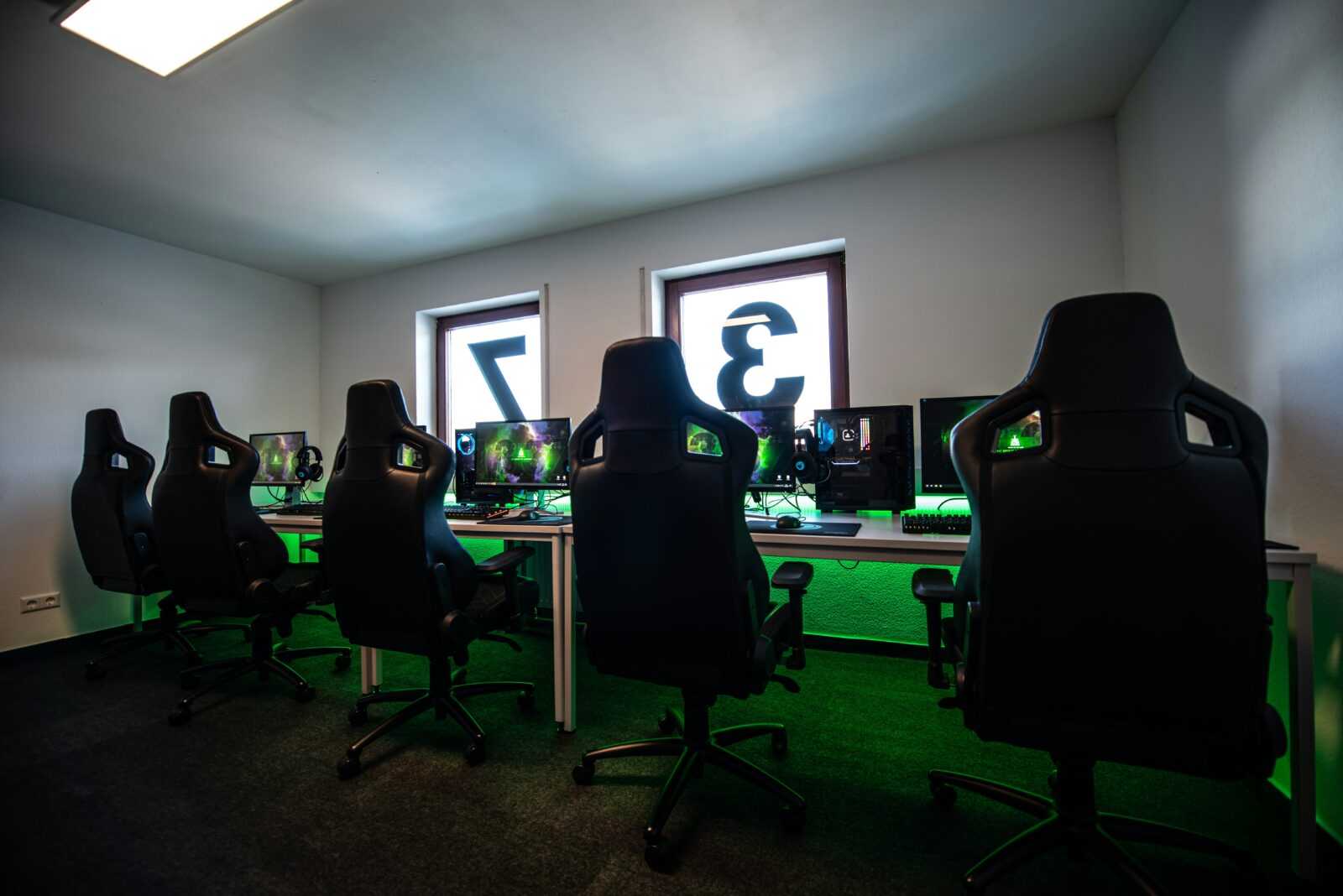The line between traditional sports and esports is becoming increasingly blurred. As technology advances and digital entertainment grows, the transformation from physical sports fields to virtual arenas is reshaping how we view competition, athleticism, and fandom. This shift reflects not only cultural evolution but also the adaptability of sports to the demands of an increasingly digital age.
The Birth of Esports: From Recreation to Global Phenomenon
What began as friendly competitions in video games has evolved into a billion-dollar industry. Early multiplayer games like Pong (1972) and Breakout (1976) laid the groundwork for what would later become eSports. When internet access became more widely available, tournaments moved online, enabling players from across the globe to compete.
Unlike traditional sports, where physical prowess often dominates, eSports focus on strategy, reflexes, and mental acuity. Titles like League of Legends, Counter-Strike, and FIFA draw millions of viewers, much like professional leagues for soccer or basketball. This rapid rise underscores a fundamental truth: competition is not confined to physical activities.
The Intersection of Technology and Tradition
The transition from real sports to eSports isn’t about replacing one with the other. Instead, it’s about reimagining the essence of competition. Many games, such as Madden NFL or NBA 2K, directly simulate traditional sports, merging the familiarity of real-world athletics with the innovation of interactive entertainment.
This blend attracts both gamers and sports fans, creating a shared space for enthusiasts. Moreover, advancements in virtual reality and motion-capture technology bring physicality into the virtual realm, allowing players to experience even more immersive games.
College sports, especially basketball, have also entered the digital space. Titles like College Hoops 2K or community-driven tournaments in sports sims give fans the chance to experience the thrill of March Madness in a virtual setting. This trend overlaps with the growth of college basketball betting platforms like FanDuel, where fans can engage with games on a deeper level, merging traditional sports excitement with digital interactivity. The integration of esports and real-world sports betting highlights how technology is shaping the way fans connect to their favorite teams and competitions.
Esports as a Cultural Shift
Esports have redefined what it means to be a “sports fan.” Platforms like Twitch and YouTube provide instant access to tournaments, player streams, and commentary, fostering a global community. Unlike traditional sports, where participation often requires costly gear or facilities, esports offers accessibility. A computer and a (speedy and reliable) internet connection are all that are required to open the door for millions of players and fans alike.
This inclusivity, paired with the digital-native preferences of younger generations, explains the explosive growth of eSports audiences. Events like The International for Dota 2 and the League of Legends World Championship now compete with traditional sports events in both audience size and prize pools.
For many, the passion for esports mirrors the way fans follow traditional sports like college basketball. News outlets and social media channels are increasingly providing updates on both spaces, covering team highlights, player performances, and upcoming matches. Just as fans stay tuned to college basketball news for the latest on March Madness or standout players, esports enthusiasts rely on similar coverage to stay connected to their favorite games and players. This crossover highlights how both worlds cater to a shared love of competition and storytelling.
Bridging the Gap: Athletes Enter the Digital Space
Traditional athletes and sports organizations are embracing the esports movement. Soccer clubs host virtual leagues, while NBA teams recruit gamers for their official esports rosters. This collaboration bridges the gap between physical and digital sports, expanding the reach of both domains.
College athletes are also getting involved. Many universities now offer esports scholarships and programs, allowing students to compete in digital arenas while earning a degree. Schools with powerhouse basketball teams are leveraging their brands to enter the esports space, fostering a cross-disciplinary approach to competition that resonates with younger generations.
A New Chapter in Competitive Sports
The evolution of sports into eSports demonstrates the adaptability of human competition. While traditional sports remain a cornerstone of global culture, eSports have carved their own space, offering a modern, digital counterpart to sport played on traditional tracks and fields. Together, these sports played in the virtual and physical worlds provide a complementary narrative, proving that the drive to compete is universal, whether on a field or a screen.
This digital transformation is more than a passing trend; it reflects the way technology reshapes our entertainment and communities. As esports continues to grow, it will undoubtedly redefine how future generations engage with sports and competition, from the professional leagues to college courts and beyond.
Timothy R. Richmond, the skilled copywriter at MetaNow Gaming, is a driving force behind the diverse gaming content and community interaction on the platform. With a passion for storytelling in the gaming world, Timothy weaves narratives that resonate with the gaming community. His dedication to creating engaging and inclusive content makes MetaNow Gaming a vibrant hub for gamers seeking more than just news and reviews. Join Timothy on the journey at MetaNow Gaming, where his words contribute to a rich tapestry of diverse gaming experiences, fostering a sense of community and shared enthusiasm within the gaming universe.





